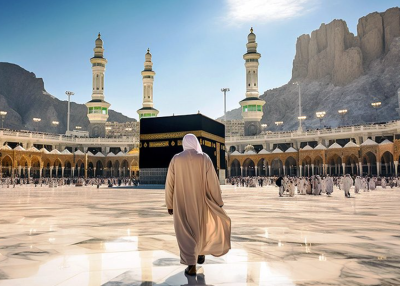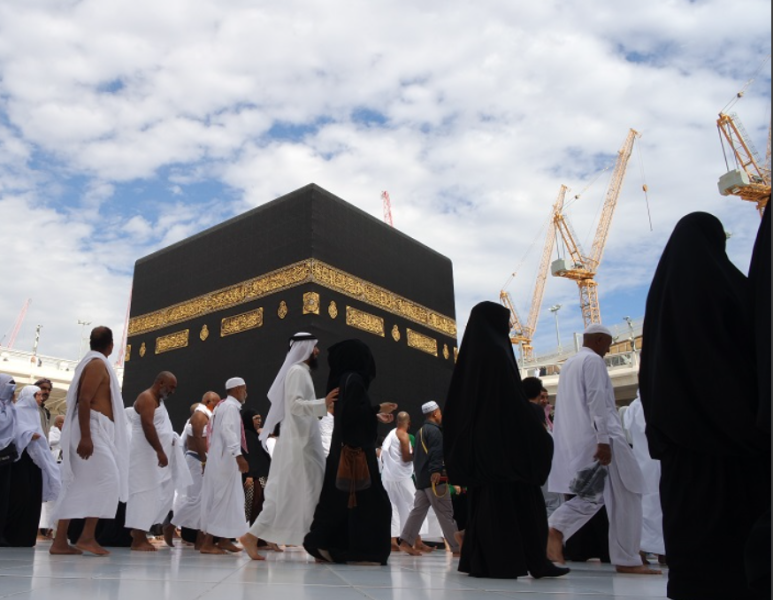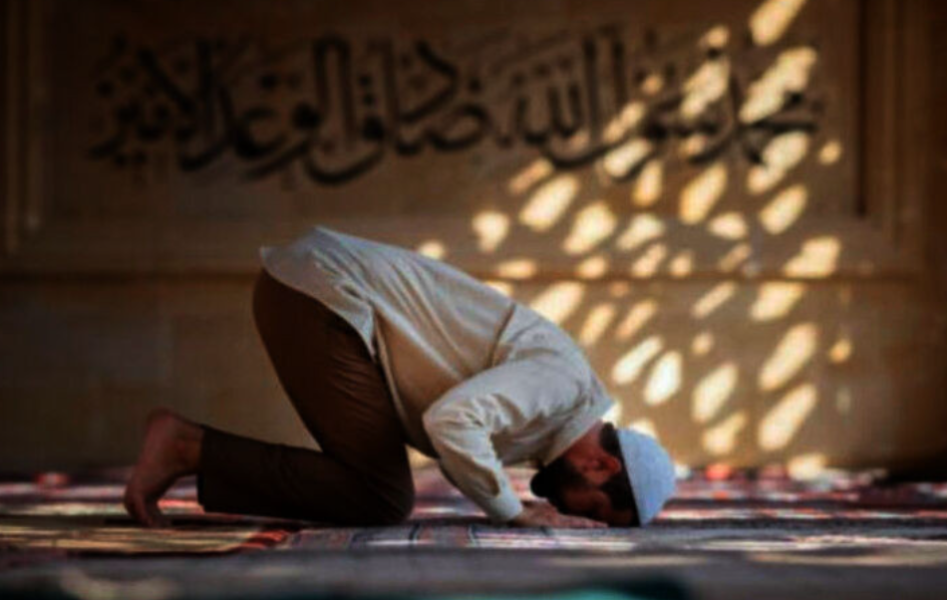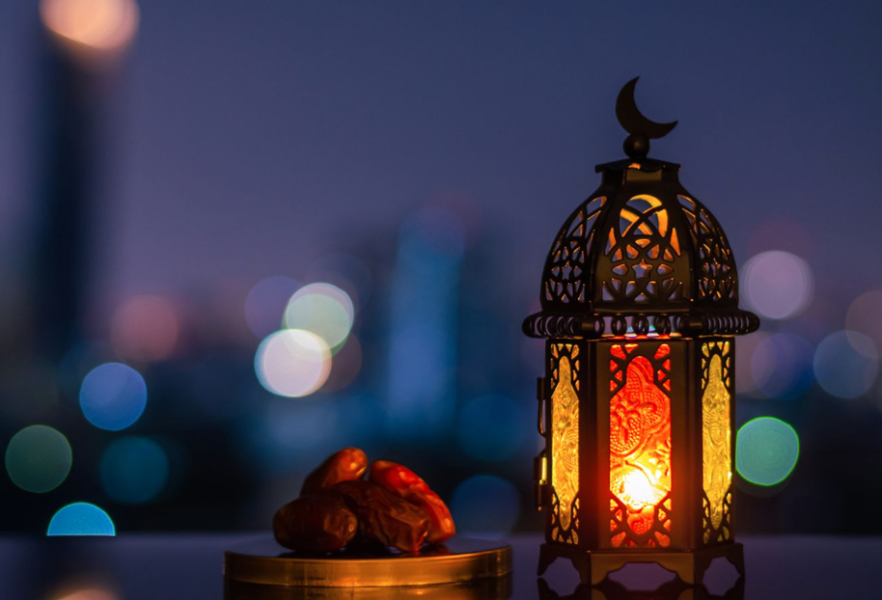Hajj (حج), the annual pilgrimage to the holy city of Mecca, is one of the Five Pillars of Islam and holds profound significance for Muslims worldwide. This sacred journey is not only a religious obligation but also a transformative experience that embodies faith, unity, and submission to Allah (الله). This article explores the importance of Hajj from an Islamic perspective, drawing on teachings from the Quran and Hadith.
The Pillar of Hajj
Hajj is obligatory for every Muslim who is physically and financially capable of undertaking the journey at least once in their lifetime. Allah commands in the Quran:
"وَأَذِّنْ فِي النَّاسِ بِالْحَجِّ يَأْتُوكَ رِجَالًا وَعَلَى كُلِّ ضَامِرٍ يَأْتِينَ مِنْ كُلِّ فَجٍّ عَمِيقٍ."
(“And proclaim to the people the Hajj. They will come to you on foot and on every lean camel; they will come from every distant pass.”)
(Surah Al-Hajj, 22:27)
This verse highlights the universality of Hajj, inviting Muslims from all walks of life to participate in this pilgrimage.
Spiritual Significance
1. Atonement and Forgiveness
Hajj is a time for purification and atonement. It is a chance for Muslims to seek forgiveness for their sins and to return to Allah with a clean slate. The Prophet Muhammad (صلى الله عليه وسلم) said:
"من حج فلم يرفث ولم يفسق رجع كيوم ولدته أمه."
(“Whoever performs Hajj and does not engage in any indecent act or transgression returns as free of sin as the day his mother bore him.”)
(Sahih Bukhari)
This Hadith emphasizes the profound spiritual renewal that can be attained through sincere pilgrimage.
2. Strengthening Faith
The rituals of Hajj are designed to strengthen the faith of believers. From the Tawaf (circumambulation) around the Kaaba to the standing at Arafat, each act is a manifestation of devotion and submission to Allah. The unity experienced during Hajj serves to reinforce the global Muslim community, or Ummah.
Social Significance
1. Unity and Equality
Hajj is a powerful symbol of unity and equality among Muslims. Regardless of race, nationality, or social status, all pilgrims don the simple white garments of Ihram, which eliminate distinctions between individuals. The Quran states:
"إن أكرمكم عند الله أتقاكم."
(“Indeed, the most noble of you in the sight of Allah is the most righteous of you.”)
(Surah Al-Hujurat, 49:13)
This principle of equality is manifest during Hajj, where millions gather in Mecca to worship together, reinforcing the notion of brotherhood in Islam.
2. Cultural Exchange
Hajj fosters a sense of global community as Muslims from diverse backgrounds come together. This cultural exchange promotes understanding, tolerance, and cooperation among different nations and cultures, strengthening the bonds of the Ummah.
Economic and Humanitarian Impact
Hajj also has economic implications, as millions of pilgrims travel to Mecca, contributing to the local and global economy. Additionally, the pilgrimage inspires charitable acts, as many Muslims choose to support the needy during this time, reflecting the spirit of compassion and giving that Hajj embodies.
Conclusion
Hajj is a multifaceted pillar of Islam that encompasses spiritual, social, and humanitarian dimensions. It serves as an opportunity for Muslims to purify their souls, strengthen their faith, and foster unity among the global community. The teachings from the Quran and Hadith illuminate the profound importance of this pilgrimage, emphasizing its role in achieving personal transformation and communal harmony.
As Muslims prepare for this sacred journey, they are reminded of their responsibilities towards Allah and their fellow human beings, embodying the essence of Islam in their lives. Hajj is not just a ritual but a profound experience that resonates deeply within the hearts of believers, guiding them on their spiritual path.










